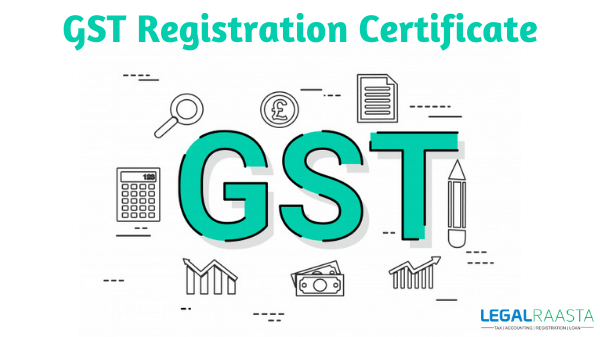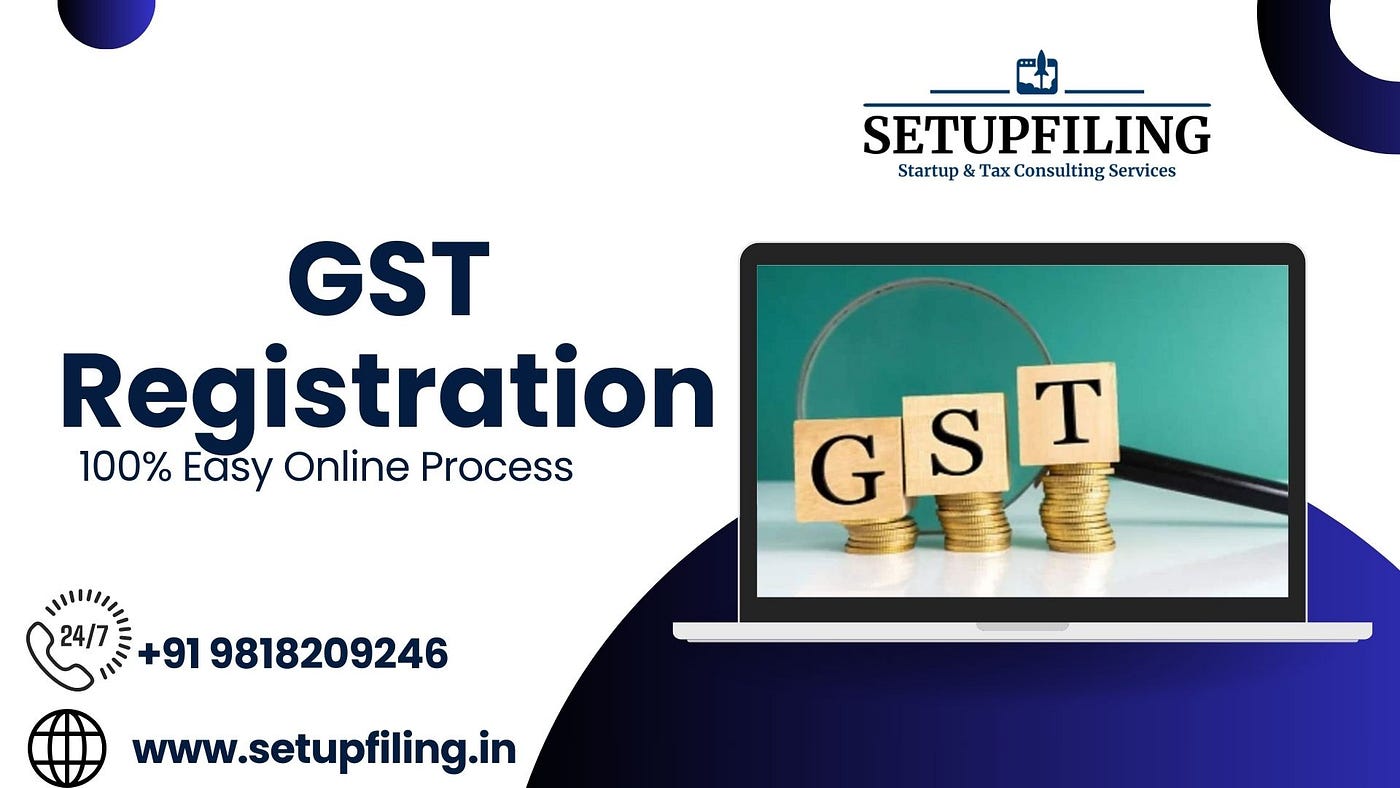Why Singapore GST Registration is Essential for Your Startup
Why Singapore GST Registration is Essential for Your Startup
Blog Article
Browsing the Intricacies of GST Registration: Expert Tips and Ideal Practices for Smoother Conformity
Browsing the elaborate landscape of Item and Solutions Tax Obligation (GST) registration demands a keen understanding of the evolving regulatory structure and careful interest to detail. As services aim to guarantee conformity and prevent pitfalls, professional guidance and ideal practices can function as very useful compass points in this complicated terrain. From figuring out enrollment demands to using technical tools for streamlined processes, the trip towards smoother GST conformity is diverse and nuanced. Remain tuned to discover essential methods and understandings that can aid companies guide via the complexities of GST registration with skill and confidence.
Comprehending GST Enrollment Needs

Along with turn over limits, organizations engaging in interstate sales or offering taxed solutions might likewise be needed to sign up for GST, even if their turnover is below the suggested limit (Singapore GST Registration). Comprehending these limits and needs is important to stay clear of charges and make sure smooth procedures within the legal framework
Moreover, services need to collect and prepare the required documents, such as evidence of identity, address, company incorporation, and savings account details, prior to starting the GST enrollment process. Falling short to supply precise info or meet the enrollment deadlines can cause fines or various other lawful repercussions. Businesses must stay educated regarding the specific GST enrollment demands applicable to their procedures to maintain conformity and prevent possible concerns.
Organizing Important Documents
Organizations embarking on the GST enrollment process should diligently compile and arrange the important paperwork required for entry. The crucial files typically needed for GST registration consist of proof of organization registration or incorporation, address and identification proofs of the company owners or companions, financial institution account information, proof of major place of service, and consent kinds. Guaranteeing that these files are easily available and organized can streamline the enrollment process and avoid delays or rejections.
To properly arrange necessary documents, companies must create a centralized system for saving and categorizing the required paperwork (Singapore GST Registration). Using digital storage space options can aid preserve very easy gain access to and ensure that files are safely stored. In addition, developing a checklist of all required records can serve as a handy tool to track what has actually been gathered and what is still needed for entry

Leveraging Technology for Efficiency
Enhancing functional effectiveness through technical combination is critical for contemporary companies browsing the intricacies of GST registration. One of the key means innovation can help in GST registration is through the usage of automated software application options.
In addition, innovation can facilitate seamless interaction with tax obligation authorities. On the internet portals and interaction tools allow organizations to send documents, resolve queries, and get updates in a more effective way. This not just quickens the enrollment process yet likewise assists in keeping transparent and reputable communication with the appropriate authorities.
Furthermore, cloud-based storage remedies give a secure platform for services to store and accessibility their monetary information, guaranteeing compliance with GST record-keeping needs. By streamlining information storage space and automating procedures, businesses can improve their general efficiency and precision in GST enrollment treatments.
Proactive Compliance Monitoring

To make sure reliable aggressive conformity surveillance, businesses need to develop durable interior controls, conduct Related Site regular audits, and leverage automation devices for real-time monitoring of GST deals. Normal training sessions for employees on GST compliance needs can likewise help in producing a culture of compliance within the organization. In addition, involving with tax obligation specialists or experts can provide beneficial understandings and support on browsing complicated GST laws.
Involving With Professional Consultants
Engaging experienced tax obligation consultants can substantially boost a company's understanding and conformity with complex GST regulations. Specialist professionals bring a wide range of knowledge and experience to the table, assisting services browse the complexities of GST enrollment with simplicity. By leveraging their competence, firms can make sure precise filings, decrease the danger of mistakes, and remain up-to-date with the most up to date regulatory changes.
When involving with expert specialists, it is necessary to choose specialists with a strong track record in GST conformity (Singapore GST Registration). Seek specialists that have a deep understanding of the appropriate regulations and guidelines, along with experience collaborating with companies in your sector. Reliable interaction is crucial in this collaboration, so see to it to plainly define your assumptions and develop regular touchpoints to talk about progression and attend to any kind of issues
Furthermore, specialist specialists can provide beneficial insights and advice on maximizing your tax strategy, recognizing prospective cost-saving chances, and streamlining your conformity procedures. Generally, buying expert consultancy solutions can go a visit this site long way in guaranteeing smoother GST compliance and avoiding pricey blunders.
Conclusion
In conclusion, navigating the complexities of GST registration calls for a comprehensive understanding of the requirements, organization of important paperwork, leveraging technology for performance, positive compliance tracking, and engagement with specialist consultants. By complying with these finest techniques, businesses can make certain smoother compliance with GST policies and avoid potential fines or penalties. It is vital to remain notified, aggressive, and attentive in taking care of GST registration to keep conformity and maintain monetary integrity.
To ensure compliance with tax policies, services must thoroughly understand the detailed needs for GST registration. Item and Provider Tax (GST) is a value-added tax imposed on the majority of items and solutions in a nation, making it important for services to sign visit site up for GST to prevent legal effects.Additionally, companies must collect and prepare the needed paperwork, such as proof of identification, address, business consolidation, and financial institution account information, before launching the GST registration process. Organizations must stay notified regarding the certain GST enrollment requirements suitable to their operations to maintain compliance and avoid potential concerns.
The key records normally required for GST enrollment consist of evidence of company registration or incorporation, identification and address proofs of the service owners or companions, bank account information, evidence of primary place of business, and permission kinds.
Report this page